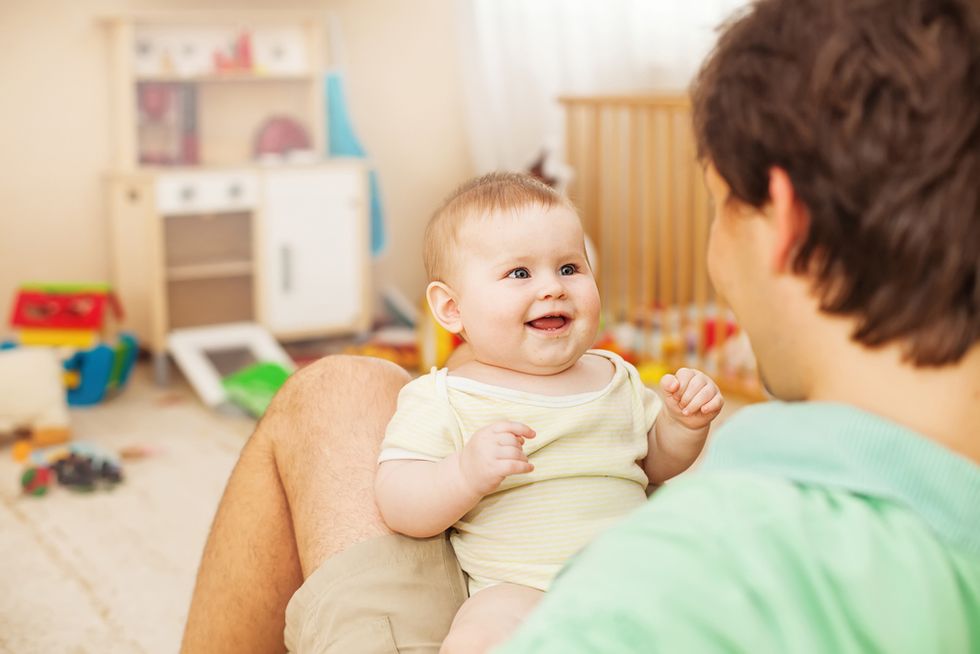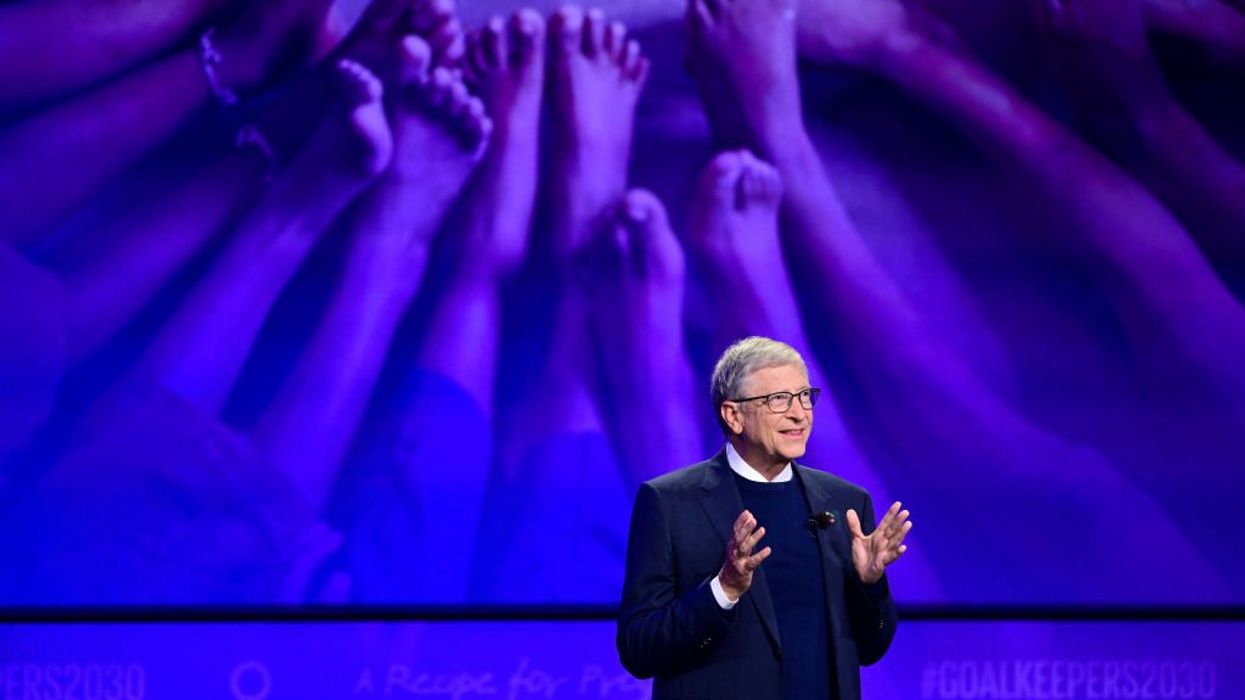
© 2024 Blaze Media LLC. All rights reserved.
"They need, quite literally, to 'find their own voice.'"
There are different schools of thought on whether entertaining "baby talk" should be in or out, but new research might give a nudge in favor of using a few sing-song goos and gahs around an infant.

Why? Because apparently babies prefer to listen to the sounds of their own kind rather than adult conversation.
The research out of McGill University suggests that an infant's preference for listening to the sounds of other babies helps build language skills.
The research team had 6-month-old babies listen to a repeating vowel sound produced by a synthesis tool. The tool mimicked the sound of either a baby producing the vowel or an adult. They then measured the baby's reaction to hearing the different sounds.
The babies paid attention to the infant sounds 40 percent longer than the adults sound, according to the news release from the university. Watch this baby's reaction hearing the two different sounds:
Thus, Linda Polka, the study's senior author, said in a statement, "Perhaps, when we use a high, infant-like voice pitch to speak to our babies, we are actually preparing them to perceive their own voice."
"As adults, we use language to communicate. But when a young infant starts to make speech sounds, it often has more to do with exploring than with communicating," Polka said. "In fact babies typically vocalize when they are alone, without any interaction or eye contact with others. That’s because to learn how to speak babies need to spend lots of time moving their mouths and vocal cords to understand the kind of sounds they can make themselves. They need, quite literally, to 'find their own voice.'"
This research was published in the journal Developmental Science.
According to PBS, parents might consider speaking "parentese" to their young children, rather than more nonsensical baby talk.
"Parentese uses actual words, in short and simple sentences, often repeated over and over again, for example, 'Who’s my li-i-ttle baybee? Are you my littlee baybee? Yes, yoooo are!'" PBS explained.
(H/T: Science Codex via Reddit)
—
Front page image via Shutterstock.
Want to leave a tip?
We answer to you. Help keep our content free of advertisers and big tech censorship by leaving a tip today.
Want to join the conversation?
Already a subscriber?
more stories
Sign up for the Blaze newsletter
By signing up, you agree to our Privacy Policy and Terms of Use, and agree to receive content that may sometimes include advertisements. You may opt out at any time.
© 2024 Blaze Media LLC. All rights reserved.
Get the stories that matter most delivered directly to your inbox.
By signing up, you agree to our Privacy Policy and Terms of Use, and agree to receive content that may sometimes include advertisements. You may opt out at any time.


